As a rule, people don’t like to commit crimes when others are watching. That’s why most violent crime occurs at night, and why erecting street lights in high-crime areas causes murders, carjackings and robberies to plummet. Essentially, if you want to stop crime, you have to let wannabe criminals know you can see them.
By that standard, Washington, DC should be crimeless. The eyes of the world are constantly trained on our nation’s capital. And thanks to the residents of a certain public housing project on Pennsylvania Avenue, Secret Service motorcades and Marine helicopters seem perpetually on patrol.
You would think that, for all these reasons, it would be hard to commit crime inside the Beltway. And if by some strange chance crime ever got really bad, you’d think that it would be subject to a flurry of media attention — and that the plethora of politicians who live here would rush to do something about it.
And yet here we are. With 274 reported homicides, 2023 was Washington’s deadliest year in two decades. There were 959 carjackings and 3,470 robberies. All told, violent crime was up 39 percent.
These statistics are made all the more staggering by the fact that DC’s crime surge was set against both a nationwide drop in violent crime and one of the funniest political years in recent memory.
Think of it this way: the same year George Santos had the Beltway in stitches, America’s seat of government had a higher murder rate than Los Angeles. The biggest story coming out of Washington may be the coming presidential election or the arrested border deal, but the biggest story about Washington is the absolute dissolution of law and order.
Seriously. If you Google “What happened in DC in 2023?” the top results are all about crime. While Republicans have used the spike in violent crime to point out problems with efforts to neuter police, this is far from a partisan issue.
Look at the movement to recall DC councilmember Charles Allen, the progressive Democrat who cut police funding and led the failed attempt to reduce penalties for carjacking and illegal gun possession under the DC criminal code. Pretty much all the recall’s leaders are Democrats, the Washington Post reports.
Or look at how progressive media cover the issue. Coverage of DC crime in Vox and the New Republic is basically indistinguishable from reports in the Wall Street Journal.
Or just ask around.
“Everyone I know who lives in DC says crime has gotten worse,” a friend tells me. “Truly everyone.”
On a Tuesday in February, that same friend texts me a screenshot of a groupchat she’s in.
“Just witnessed a shooting!” someone says. “So safe here!”
Three hours later, DC police arrest nineteen-year-old Robert Kemp and another juvenile in connection to the attempted November carjacking of Naomi Biden’s Secret Service vehicle.
The president’s granddaughter falling victim to DC’s roving gangs of teenaged carjackers is a reminder of the strange relationship between crime and politics here. On the one hand, criminals don’t care about their victims’ politics: in October, Representative Henry Cuellar, a Democrat, was carjacked at gunpoint. In February, former Trump administration official Mike Gill was shot during a similar incident, dying days later.
But of course, you can’t talk about any of this without getting political. It’s one of the odd things about living in “This Town”: your most quotidian frustrations always get linked back to national politics. Every time a trendy restaurant downtown raises its prices, it’s a commentary on inflation. Every derailed Metro, an indictment of Pete Buttigieg.
It was probably inevitable, then, that a Beltway crime wave whose victims include high-profile politicos would become a political story. And as luck would have it, the story broke as crime was becoming political everywhere else in the country, too.
The 2020 police killing of George Floyd put criminal justice reform on the agenda, and crusading prosecutors rode protesters’ cries of “Defund the police!” into office across the country. And the progressive prosecutor movement, which aims not to prosecute certain offenses and swaps jail time for “diversion programs,” is nothing if not political.
These prosecutors, including Manhattan district attorney Alvin Bragg and Philadelphia district attorney Larry Krasner, aim to reduce “mass incarceration” and rectify decades of racial disparities, not clean up the streets. That their policies have almost uniformly led to a rise in violent crime has made the issue unavoidably political: crime is quite literally on the ballot.
But not in Washington, whose US attorney is nominated by the president. President Joe Biden’s pick for the job, Matthew Graves, has taken much of the blame for the rise in violent crime, and with good reason: in 2022, Graves’s office declined to prosecute 67 percent of criminal arrests.
When the number made headlines, Graves claimed that his office was simply declining to prosecute non-violent offenses, and strongly implied that the Metropolitan Police Department was to blame for arresting too many people — a comment then-MPD chief Robert J. Contee III called “BS.”
Progressives often say that it’s DC’s exceptional levels of income inequality that lead to exceptional levels of crime. But many others credit the presidential appointment of the US attorney. If Washingtonians could simply elect their own district attorney, they say, things would be different.
Rafael A. Mangual isn’t so sure about that.
“What do the politics of DC look like relative to Manhattan, Chicago and Philadelphia?” asks Mangual, a Manhattan Institute senior fellow focused on crime and policing. “We shouldn’t be confident that we wouldn’t see a Bragg, Krasner or [Chicago state’s attorney] Kim Foxx elected in DC.”
According to Mangual, it’s a mistake to talk about DC as an “outlier” on crime, or even to attribute the rise in violent crime to something specific about the district or its politics. Crime is crime — and it goes up when prosecutors don’t put offenders in jail.
“Lots of counties have been experimenting with the same terrible policies for a decade,” he says, referring to, among other things, the move away from pre-trial detention and prosecutorial decisions to plead down certain offenses and not to charge others at all.
“Maybe we’re seeing the impact in DC now,” says Mangual, who tackles the progressive prosecutor movement in his book, Criminal (In)Justice.
Non-prosecution also “has a knock-down effect on what cops do,” says Peter Moskos, a former Baltimore city police officer, now a sociologist at John Jay College of Criminal Justice in New York.
“There are only so many times you’re going to make a good arrest if you know that they’re not even going to pretend to press charges. The idea of just saying we’re not charging a person after an arrest, that’s huge. It’s demoralizing for cops.”
To add insult to injury, the rise of non-prosecution has dovetailed with the end of a decade-long effort to stop the use of police force. Cops not only have to worry about their clean arrests being for nothing: they have to worry about the proper discharge of their duties generating public backlash.
“There’s this new thing where cops who do the right thing are getting in trouble,” Moskos says. “That’s just a way to kill policing.”
In the 1990s, New York City tackled its crime problem with deterrence. There were cops on the street, and they made arrests for everything from turnstile hopping to murder. It worked: homicides fell from their peak of 2,245 in 1990 to 673 a decade later. In 2018, the city reported just 289 murders.
In DC today, the imperatives are reversed. Rather than cops deterring crime, cops are deterred by public scrutiny and do-nothing prosecutors. We’re through the Broken Windows looking glass — and criminals know it.
Moskos agrees with Mangual that it’s a mistake to talk about DC as an “outlier” on crime, and that it’s useless even to discuss national crime trends, “because crime is local.”
“What happens in DC is unique to DC, but that doesn’t mean DC is necessarily unique,” he says.
Crime may be the same everywhere, but still, DC is unique in some ways. Federal employees made up nearly a quarter of the district’s population in 2023. The majority of these workers went remote during the pandemic, and Washington now has a higher proportion of remote workers than any state.
Remote work keeps DC’s streets empty, and empty streets fuel rising crime, something even Marc Levin and Thaddeus Johnson of the progressive Council on Criminal Justice conceded in a January piece for MSNBC. But rising crime is precisely why federal workers don’t want to return to the office, something their unions have repeatedly noted in response to the Biden administration’s curtailing of remote work flexibility.
Teddy has spent twelve years working for the federal government, and lived in DC for a decade. She actually enjoys going into the office, doing so even during the pandemic, when most of her colleagues were remote. Thanks to her second job at the Lululemon in Gallery Place, she knew firsthand how bad crime was getting in the District, and was willing to put up with it — to a point.
“After a while, I just felt like one day I was going to get killed walking around.” she tells The Spectator. “I’ve never felt so unsafe as I did in DC.”
Teddy can remember the exact moment she decided to leave.
“I was walking behind the Capital One Arena around 3 p.m., and somebody told me they were going to come stab me,” she says. Weeks later, she witnessed an early-evening shooting downtown, and thought, “I need to get out of here.” She left DC shortly thereafter.
Teddy doesn’t think federal employees are pushing for remote work “because they’re being lazy or hate working,” but rather because, like her, they look around their city and say, “I don’t feel like it’s the same place anymore.”
And so Washington faces an interlocking series of impasses. Crime will persist as residents flee, but flight won’t stop until crime ebbs. National media scrutiny is turning the heat up on Biden and Graves, but the spotlight makes them more reluctant to crack down. Prosecutors and police have the power to fix things, but they have never been less incentivized to do their jobs.
In other words, the solution to DC’s crime problem is simple: we just need to find a way to break through the gridlock. We all know how Washington excels at that.
This article was originally published in The Spectator’s April 2024 World edition.










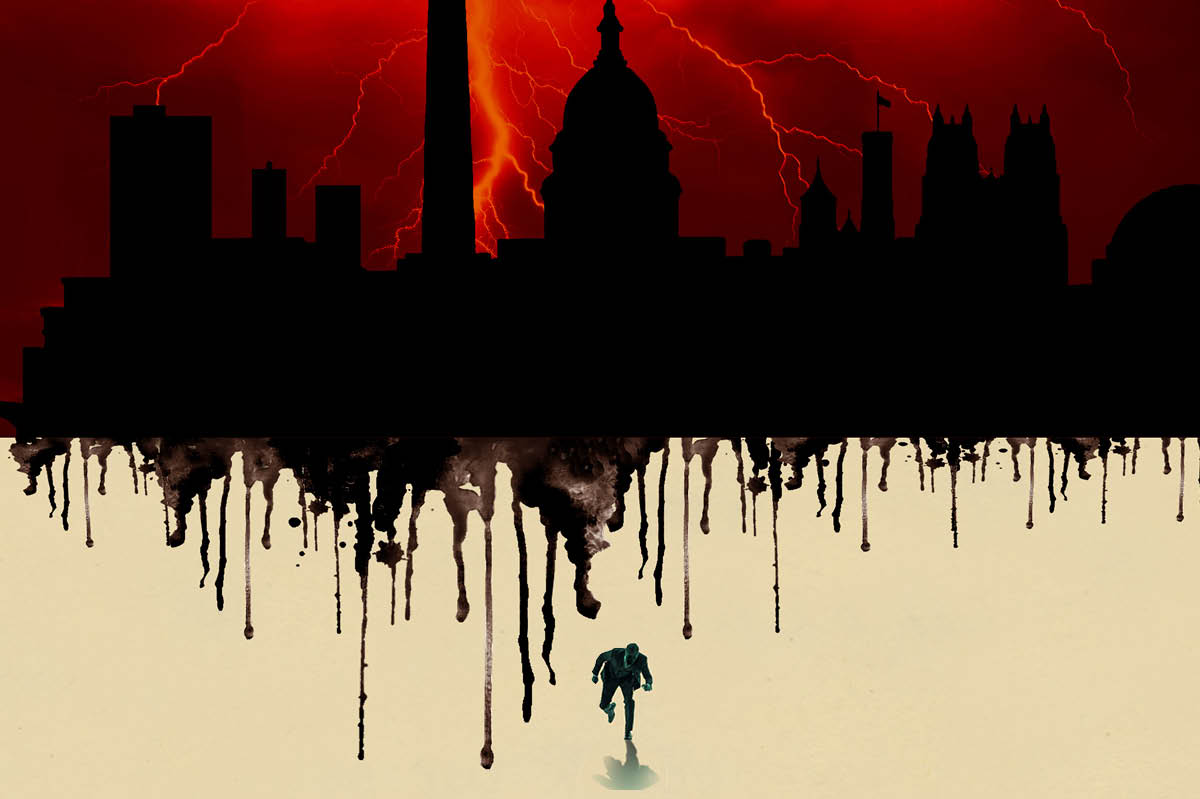
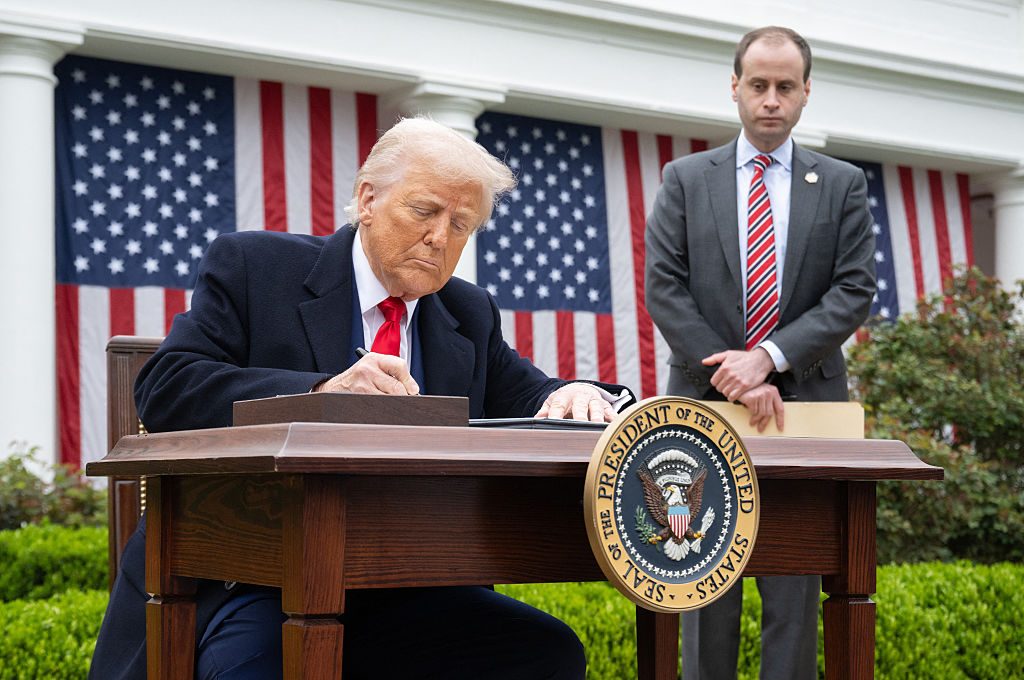

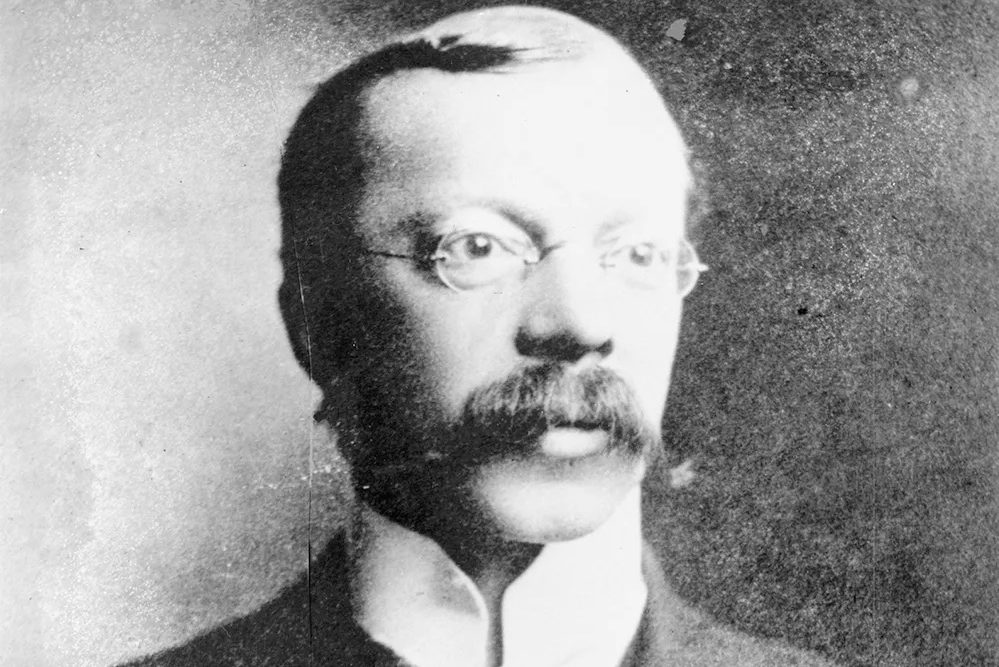
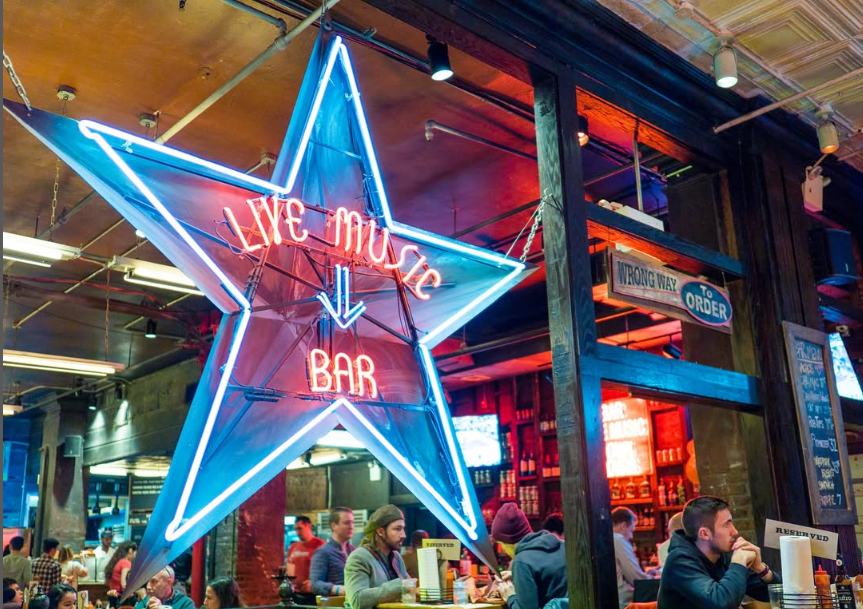
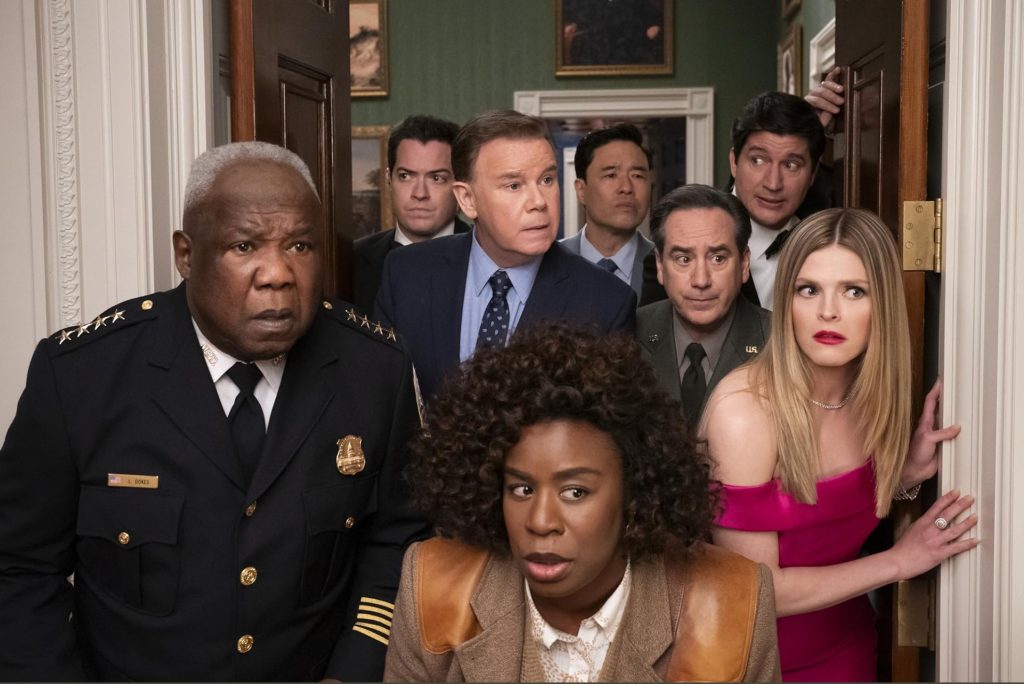







Leave a Reply